Education
Recent articles
INSAR takes ‘intentional break’ from annual summer webinar series
The International Society for Autism Research cited a need to “thoughtfully reimagine” its popular online program before resuming it in 2026.

INSAR takes ‘intentional break’ from annual summer webinar series
The International Society for Autism Research cited a need to “thoughtfully reimagine” its popular online program before resuming it in 2026.
Sounding the alarm on pseudoreplication: Q&A with Constantinos Eleftheriou and Peter Kind
Most studies of neurological disorders in mice erroneously treat multiple samples from a single animal as independent replicates, according to a new analysis. But scientists and journals can take steps to curb this practice.

Sounding the alarm on pseudoreplication: Q&A with Constantinos Eleftheriou and Peter Kind
Most studies of neurological disorders in mice erroneously treat multiple samples from a single animal as independent replicates, according to a new analysis. But scientists and journals can take steps to curb this practice.
On the importance of reading (just not too much)
The real fun of being a neuroscientist, and maybe the key to asking and answering new questions, is to think big and take intellectual risks.
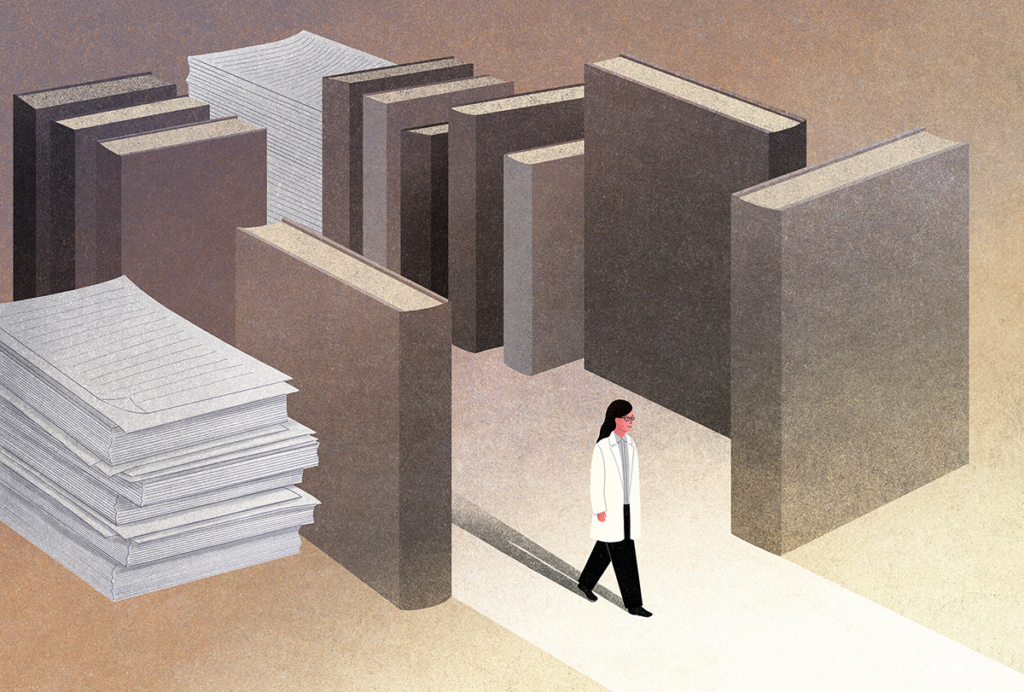
On the importance of reading (just not too much)
The real fun of being a neuroscientist, and maybe the key to asking and answering new questions, is to think big and take intellectual risks.
Amina Abubakar translates autism research and care for Kenya
First an educator and now an internationally recognized researcher, the Kenyan psychologist is changing autism science and services in sub-Saharan Africa.
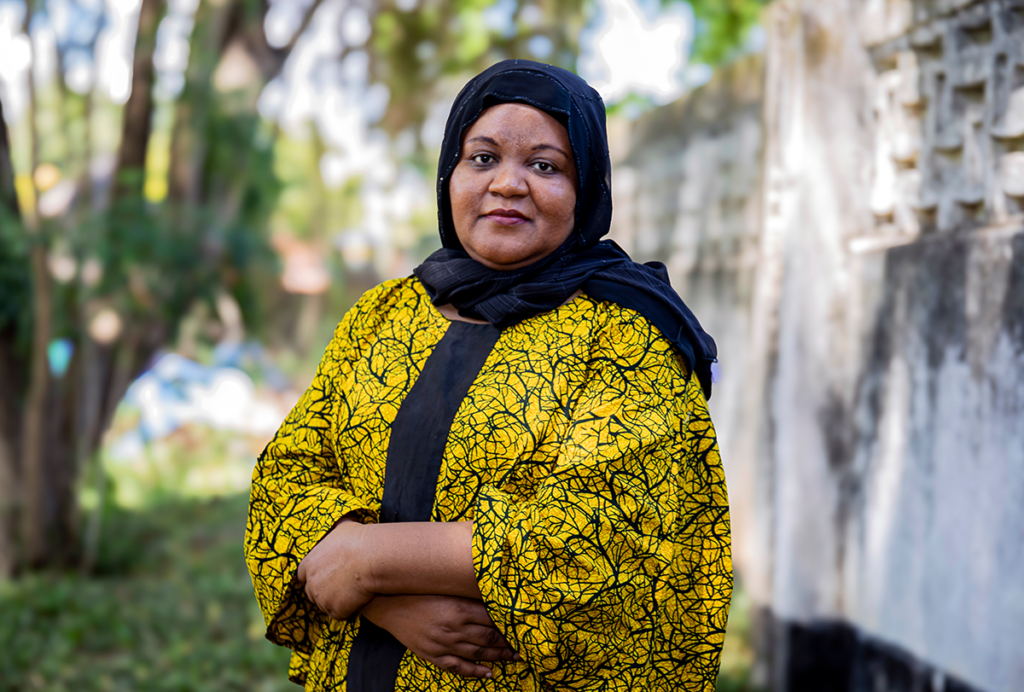
Amina Abubakar translates autism research and care for Kenya
First an educator and now an internationally recognized researcher, the Kenyan psychologist is changing autism science and services in sub-Saharan Africa.
Sharing Africa’s brain data: Q&A with Amadi Ihunwo
These data are “virtually mandatory” to advance neuroscience, says Ihunwo, a co-investigator of the Brain Research International Data Governance & Exchange (BRIDGE) initiative, which seeks to develop a global framework for sharing, using and protecting neuroscience data.
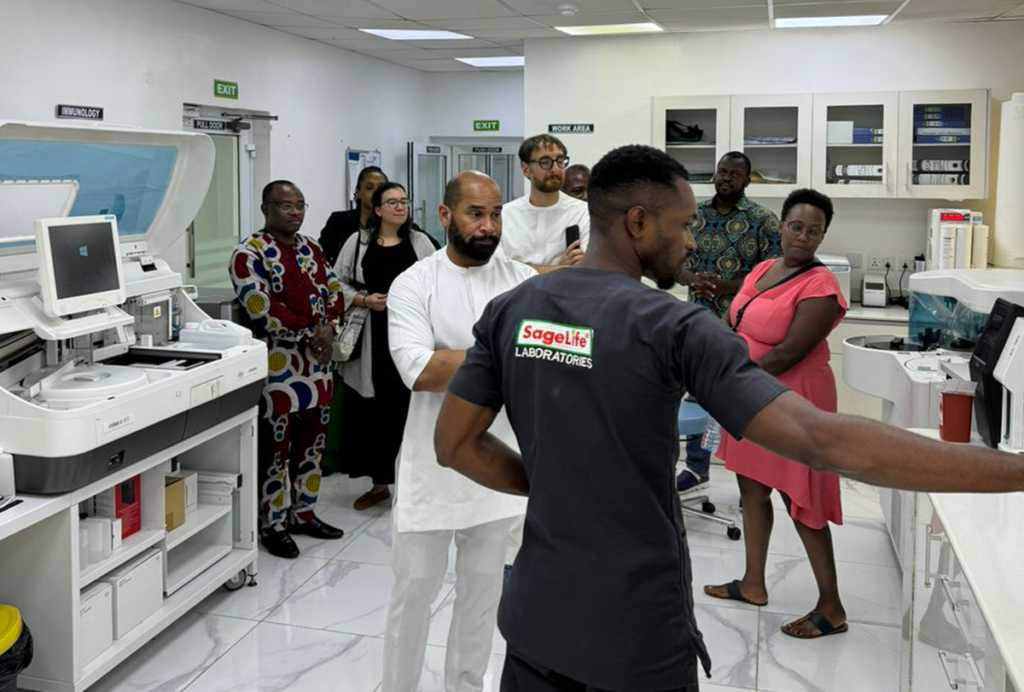
Sharing Africa’s brain data: Q&A with Amadi Ihunwo
These data are “virtually mandatory” to advance neuroscience, says Ihunwo, a co-investigator of the Brain Research International Data Governance & Exchange (BRIDGE) initiative, which seeks to develop a global framework for sharing, using and protecting neuroscience data.
What birds can teach us about the ‘biological truth’ of sex
Part of our job as educators is to give students a deeper understanding of the true diversity of sex and gender in the natural world.

What birds can teach us about the ‘biological truth’ of sex
Part of our job as educators is to give students a deeper understanding of the true diversity of sex and gender in the natural world.
How to communicate the value of curiosity-driven research
The burden of proof is on us—researchers—to explain why what we do is valuable to society.
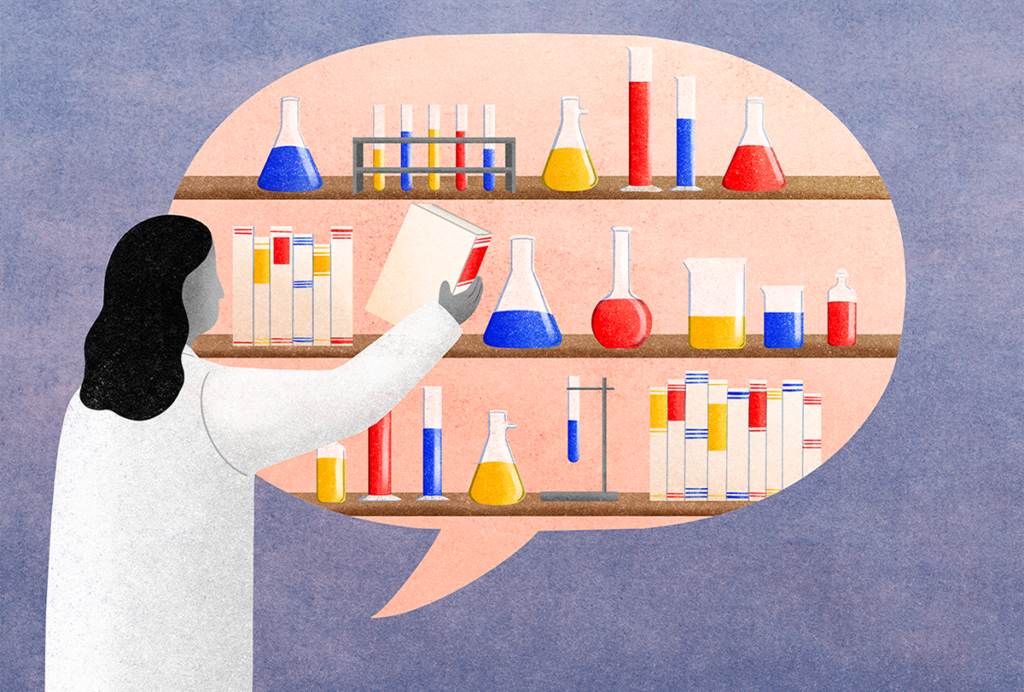
How to communicate the value of curiosity-driven research
The burden of proof is on us—researchers—to explain why what we do is valuable to society.
Breaking the barrier between theorists and experimentalists
Many neuroscience students are steeped in an experiment-first style of thinking that leads to “random walk science.” Let’s not forget how theory can guide experiments toward deeper insights.
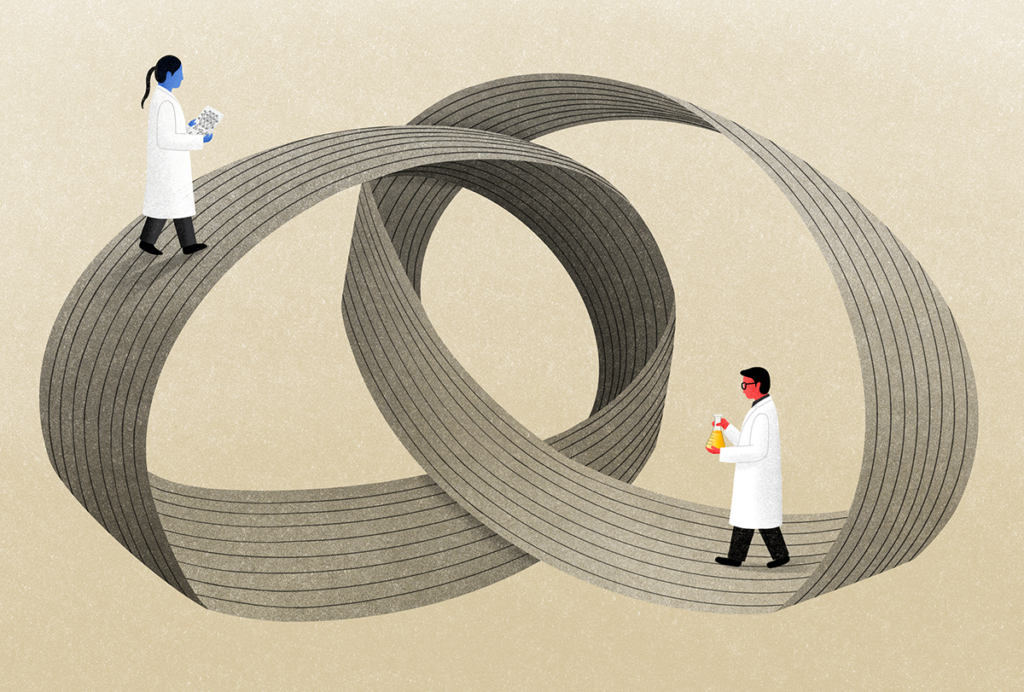
Breaking the barrier between theorists and experimentalists
Many neuroscience students are steeped in an experiment-first style of thinking that leads to “random walk science.” Let’s not forget how theory can guide experiments toward deeper insights.
How to teach students about science funding
As researchers reel over the uncertain state of U.S. federal funding, educating students on the business of science is more important than ever.

How to teach students about science funding
As researchers reel over the uncertain state of U.S. federal funding, educating students on the business of science is more important than ever.
Why practical summer courses in neuroscience matter
Among other reasons, this tradition helps researchers rekindle the unfettered joy that initially brought them to the field.
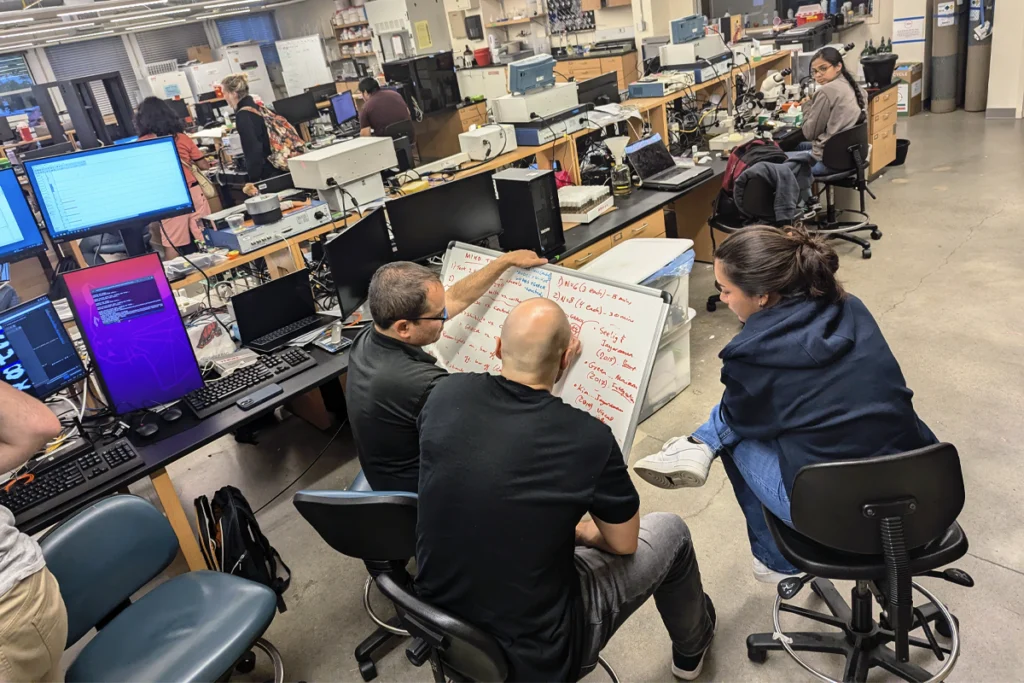
Why practical summer courses in neuroscience matter
Among other reasons, this tradition helps researchers rekindle the unfettered joy that initially brought them to the field.
Explore more from The Transmitter
Machine learning spots neural progenitors in adult human brains
But the finding has not settled the long-standing debate over the existence and extent of neurogenesis during adulthood, says Yale University neuroscientist Juan Arellano.

Machine learning spots neural progenitors in adult human brains
But the finding has not settled the long-standing debate over the existence and extent of neurogenesis during adulthood, says Yale University neuroscientist Juan Arellano.
Xiao-Jing Wang outlines the future of theoretical neuroscience
Wang discusses why he decided the time was right for a new theoretical neuroscience textbook and how bifurcation is a key missing concept in neuroscience explanations.
Xiao-Jing Wang outlines the future of theoretical neuroscience
Wang discusses why he decided the time was right for a new theoretical neuroscience textbook and how bifurcation is a key missing concept in neuroscience explanations.
Memory study sparks debate over statistical methods
Critics of a 2024 Nature paper suggest the authors failed to address the risk of false-positive findings. The authors argue more rigorous methods can result in missed leads.

Memory study sparks debate over statistical methods
Critics of a 2024 Nature paper suggest the authors failed to address the risk of false-positive findings. The authors argue more rigorous methods can result in missed leads.